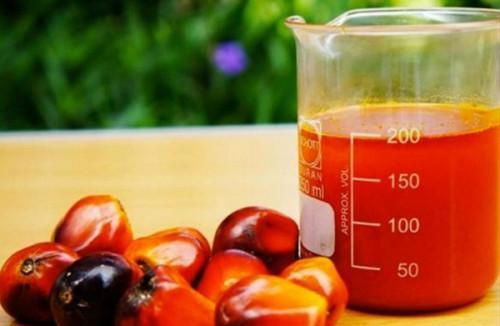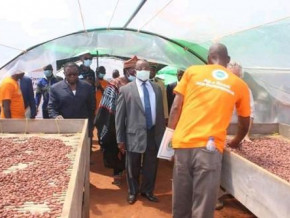
Cameroon: Towards government's authorization for the importation of additional 20k tons of crude oil and by-products to bridge offer gap this year

(Business in Cameroon) - The Cameroonian government is currently reviewing a request introduced by the Oilseed Industry Regulatory Commission for the authorization to import additional 20,000 tons of crude palm oil and derivatives at preferential conditions this year. This was revealed by the Oilseeds Refiners Association (ASROC) during a press conference held on June 10, 2021, in Yaoundé.
Added to the 100,000 tons of palm oil the government approved for this year, the official volume of palm oil and derivatives to be imported by the country will be 120,000 tons (against 90,000 tons), official sources indicate.
According to the ASROC, the volume of palm oil and by-products to be imported this year is being increased because of the drop in local supplies of refined vegetable oils caused by insufficient local crude oil production while investments are rising in the processing sector.
As the ASROC explains, in recent years, thanks to the incentives planned by the 2013 law (revised in 2017) on private investments in Cameroon, processors (that transform palm oil into refined oil or use it to produce soaps, etc…) boosted investments in the palm oil sector, thereby substantially increasing the demand for crude palm oil.
Operators estimate the country’s yearly structural deficit to be 130,000 tons. However, per the explanations of Emmanuel Koulou Ada, president of the Oilseed Industry Regulatory Industry, Cameroon’s real palm oil deficit is much higher than that estimate.
“The structural deficit of 130,000 tons we are talking about is just a nominal deficit, which is different from the real deficit. The nominal deficit is calculated by taking into account just 50% of processing companies’ capacities. If we were to base the deficit on the processors’ full capacities, the deficit would surely be significantly higher,” he usually reminds.
ASROC’s figures estimate the current national demand at over 1 million tons. Yet, the Ministry of Agriculture’s projections was that the offer, which rose from 343,000 tons in 2014, to 413,000 tons in 2018 would further rise to 450,000 tons in 2020. Hence the regular recourse to imports to meet the local demand.
Brice R. Mbodiam
Mags frontpage
- Most read 7 days
- shared 1 month
- read 1 month































